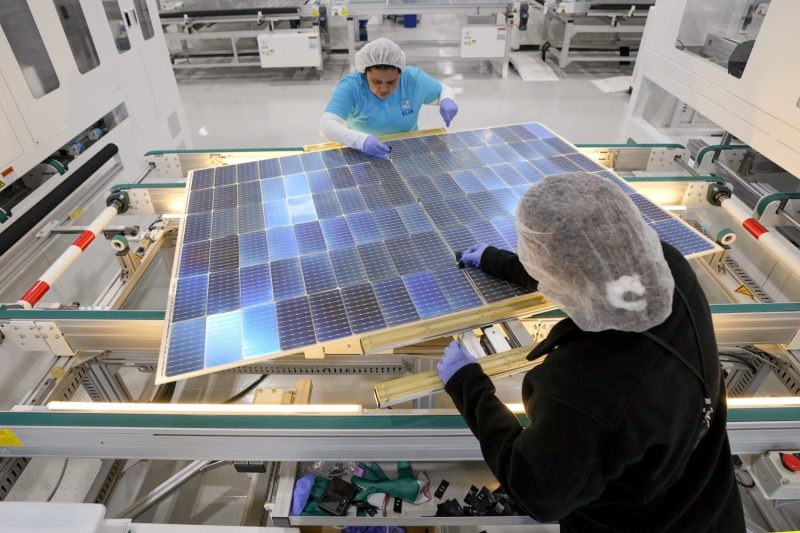In a dynamic and ever-evolving economy, the labor market plays a pivotal role in shaping the trajectory of nations and industries. The United States, as a global economic powerhouse, is experiencing a significant shift in the composition of its workforce. This transformation is characterized by a growing demand for skilled labor, while traditional white-collar hiring appears to be facing a slowdown.
The transition towards a focus on skilled labor is reflective of the changing landscape of industries and the technological advancements that underpin them. As automation and artificial intelligence continue to disrupt conventional job roles, the need for workers with specialized skills and technical expertise has intensified. Employers are increasingly seeking individuals who can adapt to rapidly changing environments, possess advanced problem-solving capabilities, and demonstrate a high level of proficiency in their respective fields.
One of the key drivers behind this shift is the growing prominence of industries such as information technology, healthcare, engineering, and skilled trades. These sectors require specialized knowledge and hands-on experience, making them highly reliant on a skilled workforce. As a result, individuals with technical skills, certifications, and vocational training are finding themselves in high demand, with employers willing to offer competitive wages and benefits to attract and retain top talent.
Conversely, white-collar hiring, which traditionally encompassed office-based professions like administration, finance, and management, appears to be experiencing a slowdown. This trend can be attributed to several factors, including the automation of routine tasks, the outsourcing of non-core functions, and the shift towards remote work arrangements. As organizations streamline their operations and adapt to digital transformation, the demand for certain white-collar roles may decrease, leading to a more competitive job market for individuals in these sectors.
While the shift towards skilled labor presents opportunities for workers to secure lucrative and fulfilling careers, it also underscores the importance of continuous learning and upskilling. As technology continues to shape the future of work, individuals must invest in developing new skills, staying abreast of industry trends, and embracing lifelong learning to remain competitive in the labor market.
In conclusion, the U.S. labor market is undergoing a profound transformation, with a clear tilt towards skilled labor as white-collar hiring shows signs of slowing down. This shift is driven by the evolving needs of industries, technological advancements, and changing workforce dynamics. As workers navigate this changing landscape, emphasizing the acquisition of specialized skills and adaptability will be crucial for securing sustainable employment opportunities and thriving in an increasingly competitive job market.


































